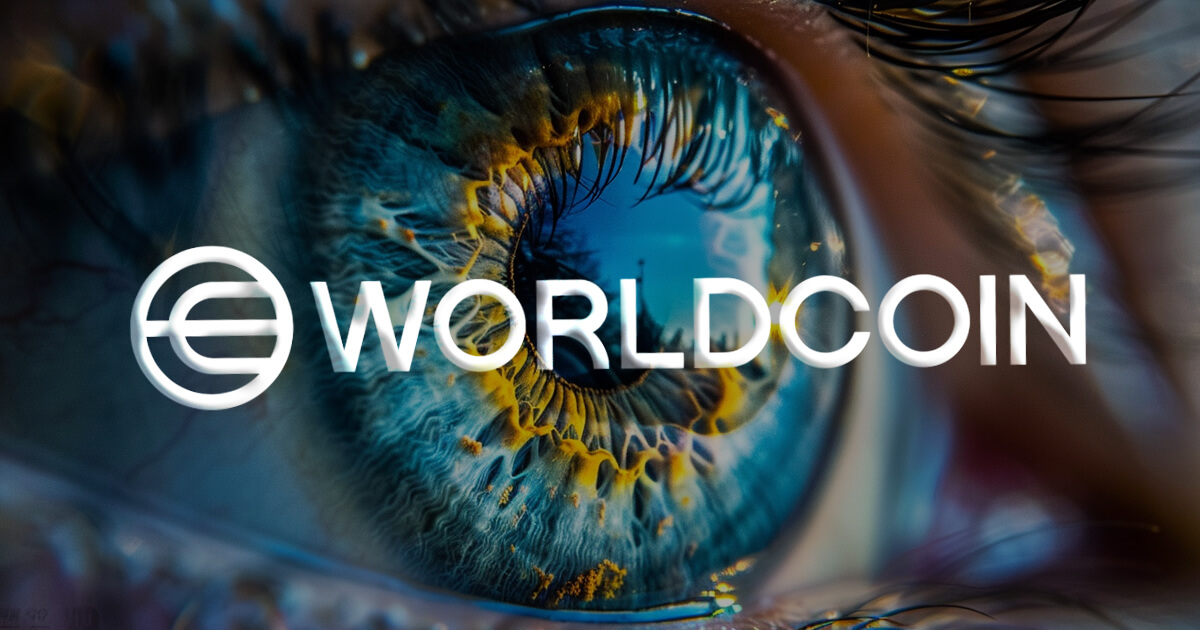Crypto regulations. Ostensibly a boring topic but it’s a crucial thing for countries to get right if the industry is going to thrive and even just survive. Stockhead grabbed some of the latest intel on where Australia’s at with it all from Kraken’s local exchange boss, Jonathon Miller.
Before we dive into his responses, though, some background…
Is Labor taking too long with its token-mapping audit?
Earlier this week, representatives from crypto exchanges Kraken, Coinbase and Swyftx fronted a Senate committee inquiry into a proposed crypto regulations bill from Liberal Senator Andrew Bragg.
Bragg’s Digital Assets (Market Regulation Bill) 2023 – aims to expedite fresh regulations for the sector and provide it with clarity and a sense of certainty.
Bragg has been a strong proponent for fostering an innovation-friendly regulatory environment in Australia for some time, spearheading 2021’s Senate Select Committee on Australia as a Technology and Financial Centre and its 12-point crypto-regulation framework.
Those framework proposals, which were received positively by Treasury at the time, largely fell by the wayside when the Albanese government took power, with Labor instead opting to take a much longer, macro and micro approach to understanding the crypto industry and its assets with its ongoing “token-mapping” audit.
As reported by The Australian, in March this year documents released under freedom of information laws revealed the current Treasury’s timetable for consultation on new crypto legislation would stretch into 2024.
According to Senator Bragg, this is far too long a process and will end up costing local jobs. In fact, he went further, telling The Australian:
“Labor has deliberately slowed our crypto reform plan,” adding:
“We were going to be a crypto hub but we’re becoming a backwater under Labor. My bill demonstrates the reform can be delivered this year, not 2025. If the unions asked for this, it would have been done last year.”
Jonathon Miller, the local managing director of global crypto exchange Kraken, spoke with Stockhead a day or so after appearing before the inquiry. We asked him what he thinks the state of play is regarding the regulatory front here in Australia.
The end result could be worth the wait
Hi Jonathon. US regulatory bodies such as the SEC are a concern and seemingly something of a roadblock for the crypto industry there. But the UK, Europe, parts of South East Asia and some of the Middle East seem to be open to a world of digital assets, and seem to be actively encouraging it by moving ahead on clearer paths to regulation. What about Australia, though – is it already being left behind?
JM: While many of these regions do have legislation further down the track than Australia, I’d be cautious to call our position as “behind”. Legislation shouldn’t be viewed as a race.
If the end result of the consultations we’ve seen in Australia is well thought-out regulation that is looking to harmonise with other requirements from other jurisdictions, it will be worth the wait.
How can the Australian government get the balance right between its protecting consumers line of thinking, which it places first on its list of priorities, and being a safe haven for innovation? What points and priorities would you like to see it address, and is the Bragg bill the way forward?
Bespoke rules for crypto that take inspiration from tried and tested existing financial services regulatory principles are certainly to be encouraged and that allows for a flexible and future-oriented definition of cryptoassets, similar to what we have seen in the EU with MiCA.
We think the Bragg bill is a good example of this and importantly acknowledges the global nature of cryptoassets. We support an approach that provides certainty for local regulated footprints of global businesses that can pass on the benefits of liquidity and security at scale to Australian clients.
You’ve spoken about a need to prevent regulatory arbitrage opportunities that effectively encourage Australian consumers to access less regulated, off-shore venues. Can you explain this concern a bit more?
Crypto is an inherently global, online industry. What’s important is to create rules that attract players to grow and build on these shores while protecting consumers from the key risks.
So we support a race to the top when it comes to quality of service and security. If we create a regulatory system that is prohibitively costly to maintain then we risk seeing providers in the crypto space move permanently offshore.
Despite what Senator Bragg says about the Labor government dragging its heels on the formulation of a comprehensive crypto regulation framework, do you feel that this Australian government is actually waking up further to the potential of the crypto industry? Is it gaining a better understanding of how big and valuable a sector it could be for this country?
Yes, I do. While nothing is set in stone yet, one of the most encouraging things about this process is the extensive industry consultation that has gone into it.
I’m hopeful that this will result in serious consideration given to what environment we need to help power our industry’s future growth in Australia.
Credit: Source link















































